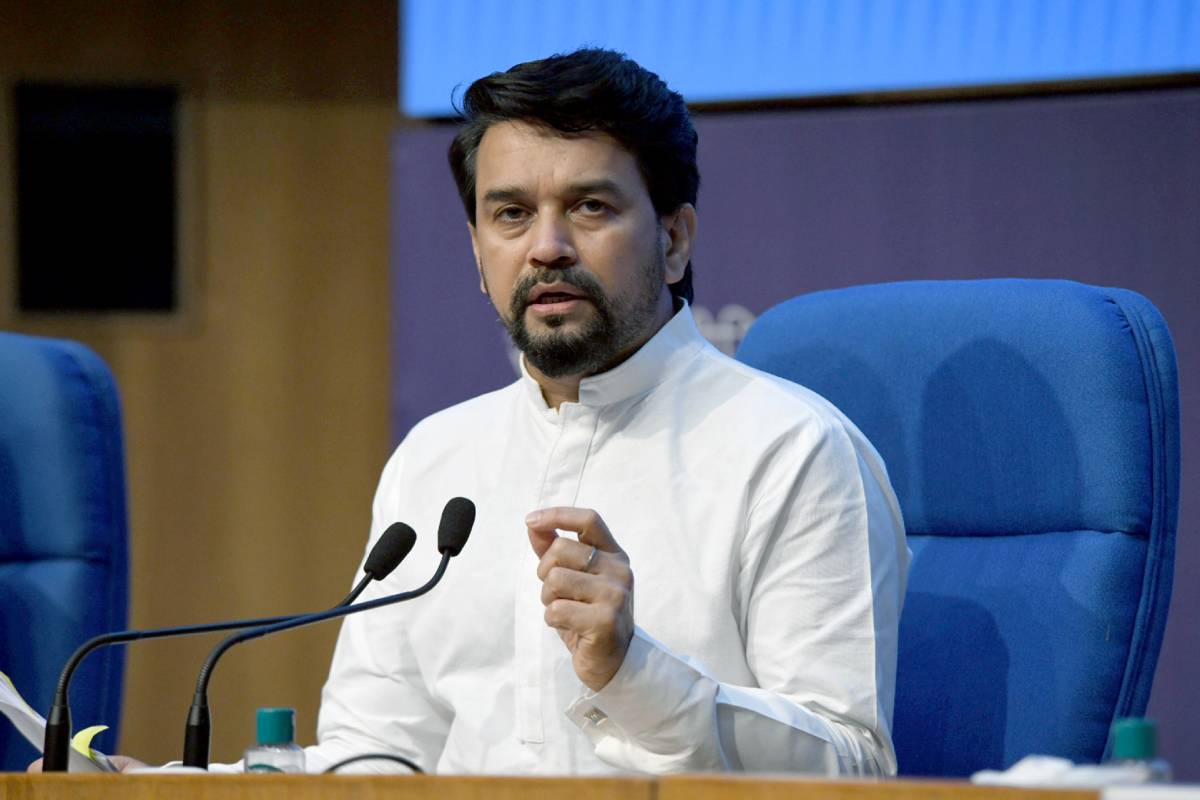The 2nd G20 Finance and Central Bank Deputies (FCBD) Meeting commenced at Bengaluru on Wednesday with an inaugural address by Union Minister for Information & Broadcasting and Youth Affairs & Sports Anurag Thakur.
The meeting precedes the first G20 Finance Ministers and Central Bank Governors (FMCBG) meeting under the G20 Indian Presidency, scheduled from 24th to 25th February in Bengaluru.
The Finance and Central Bank Deputies (FCBD) Meeting is being co-chaired by Secretary, Economic Affairs Ajay Seth and RBI Deputy Director Dr Michael D. Patra.
In his address, Anurag Thakur said the Finance Track is at the core of the G20 process and provides an effective forum for global economic discourse and policy coordination. The main work streams in Finance Track are global economic outlook and risks, international financial architecture including development finance and global financial safety net.
The other themes to be covered are financial inclusion and other financial sector issues, infrastructure development and financing, sustainable finance, global health financing and international taxation.
In November 2022, when Prime Minister Narendra Modi received the baton of the G20 Presidency from Indonesia’s President Joko Widodo, it was a proud moment for the country as well as a great responsibility to ensure that G20 continues to bridge differences and forge consensus on matters of global importance, Thakur said.
He highlighted the importance of India’s G20 Presidency and its priorities focusing “on healing our One Earth, creating harmony within our One Family and giving hope for our One Future.”
The theme reflects the importance India places on collaborative efforts to address global challenges, he said. The global economy is facing the lingering effects of the Covid-19 pandemic, food and energy insecurity, broad-based inflation, heightened debt vulnerabilities, worsening climate change, and geopolitical tensions. The impact of all these crises can set back progress on the world’s key development priorities.
The G20 can make a significant contribution to find pragmatic global solutions to these challenges through focused dialogue and deliberations and the Indian Presidency seeks to actively facilitate this, the Union minister said.
He also mentioned that towards fulfilling this goal, the G20 Finance Track discussions in 2023 will include strengthening Multilateral Development Banks (MDBs) to meet the shared global challenges of 21st century, financing ‘cities of tomorrow’, leveraging digital public infrastructure for financial inclusion and productivity gains and advancing the international taxation agenda, among others. The various workstreams in G20 have already initiated work on these key issues.
The deputies’ meeting is dedicated to the finalisation of the Communique that will be endorsed by the G20 Finance Ministers and Central Bank Governors during their meeting on 24th and 25th of February 2023.
This Communique embodies the collective view of the G20 on the most pressing issues affecting the global economy and directly connects the larger international community with the Finance Ministers and Central Bank Governors of the major global economies. It has the potential to assure the common person that a consensus among the G20 countries on coordinated solutions to key global problems can help the global economy recover from the current slowdown and create new opportunities for growth and prosperity.
The policymakers are responsible for ensuring that this trust is maintained. Since its inception, the G20 has time and again proven its mettle in forging consensus in times of crises. The Indian Presidency believes that success lies in the ability to anticipate, prevent and prepare for significant risks to come. This calls for an inclusive and renewed multilateralism, he said.
In his concluding remarks, Thakur highlighted the need to aspire the spirit of multilateralism. He said that there are contentious issues, and the countries need to balance their domestic aspirations. “Through constructive and productive discussions, we can collectively achieve optimal outcomes,” the minister said.



